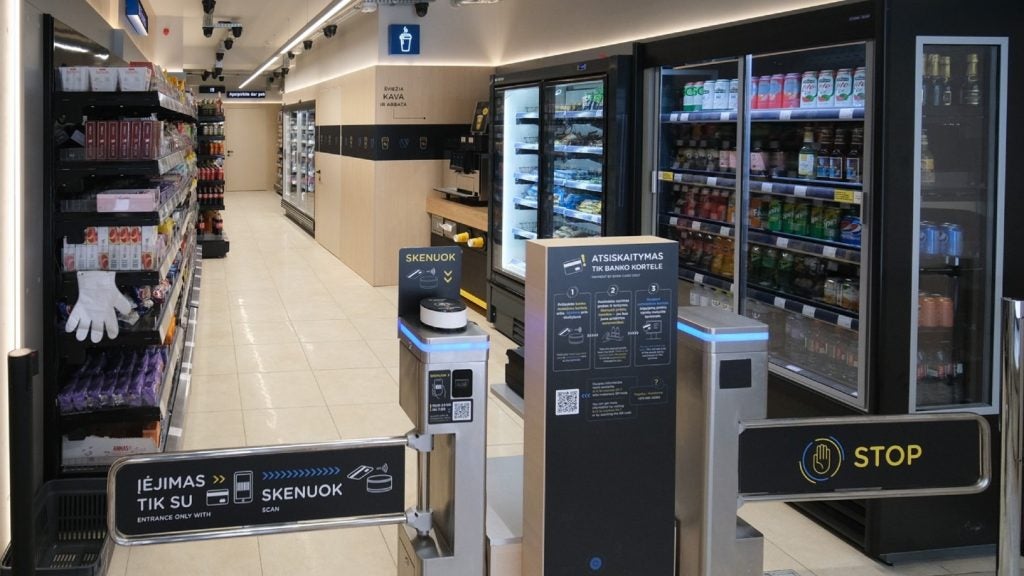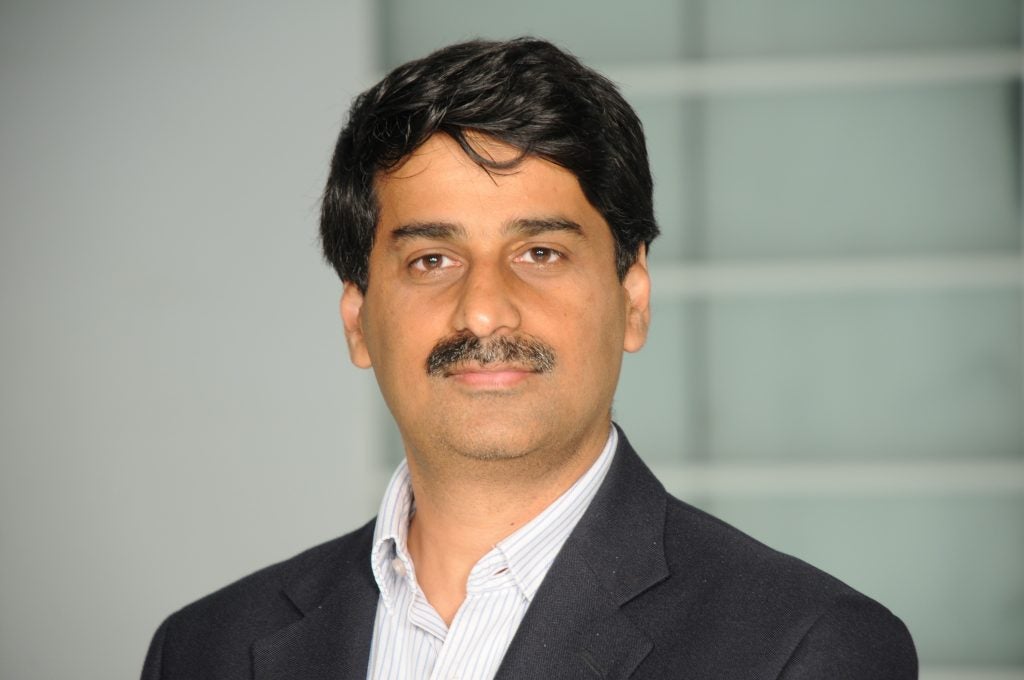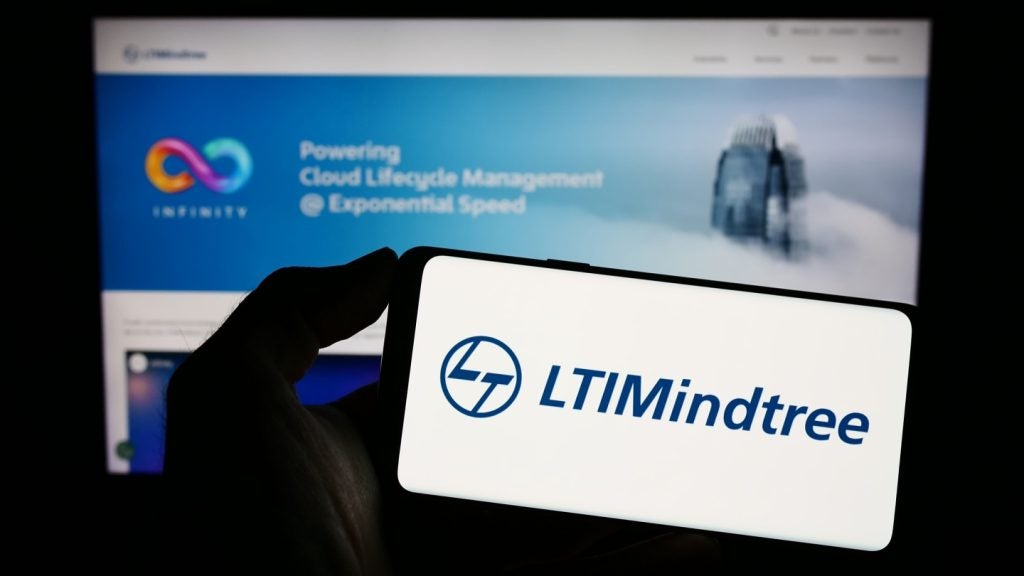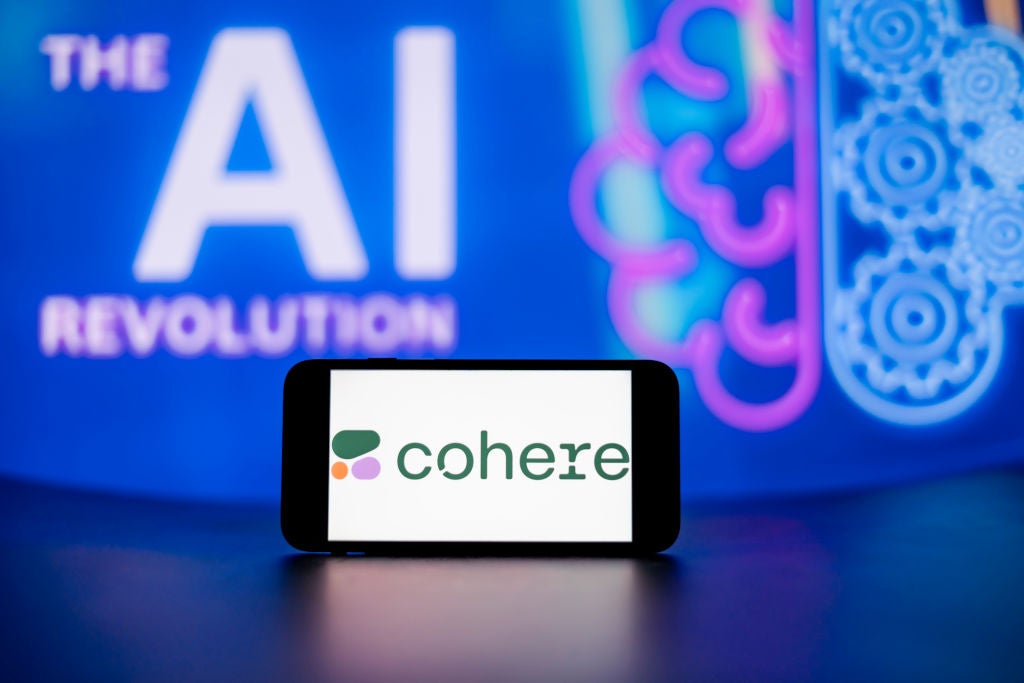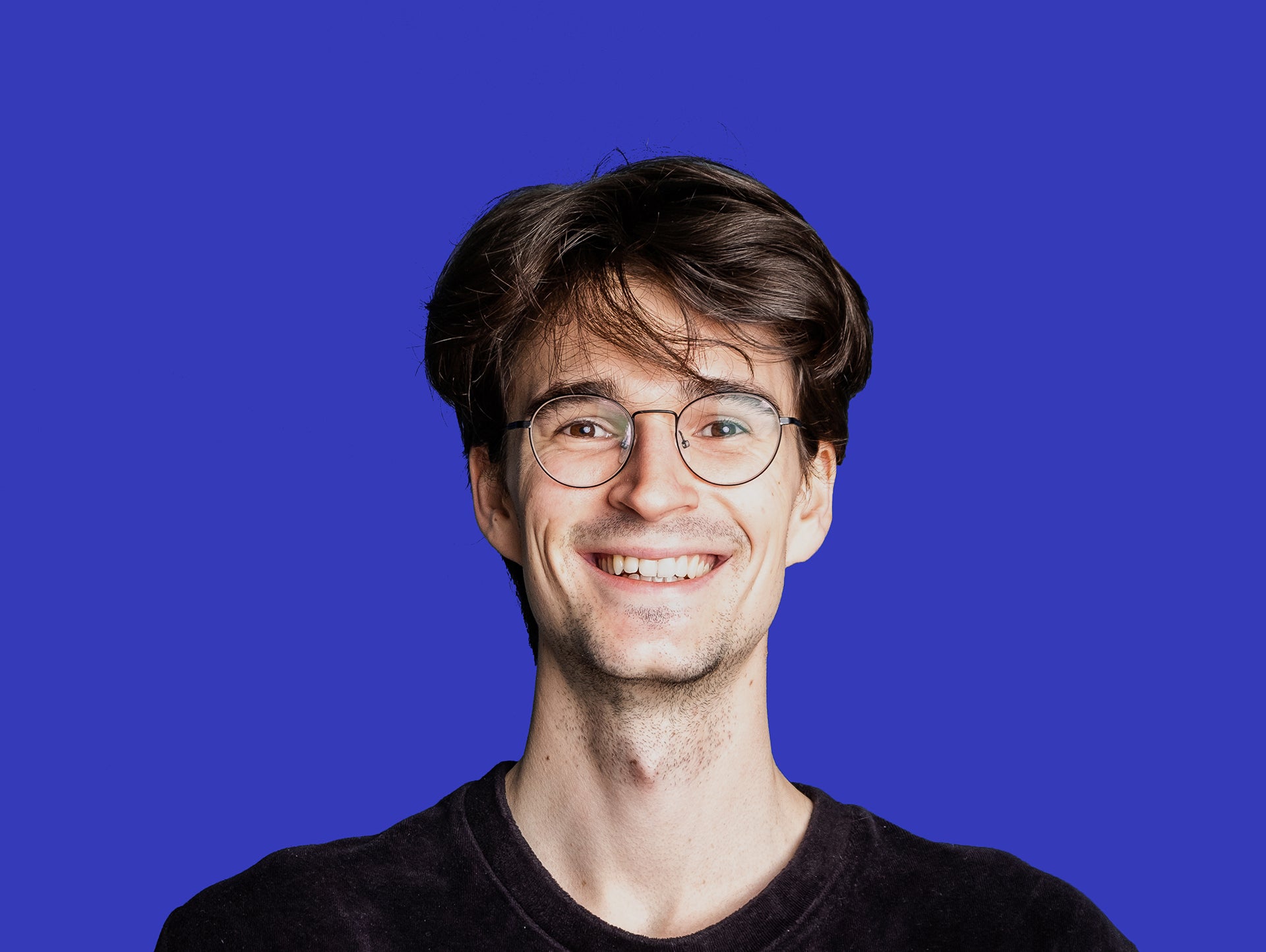
Luca Schmid is the CTO of Vaayu, the Berlin-based startup helping online retailers cut their emissions.
Founded in 2020, Vayuu helps retailers track their carbon emission by integrating its data with various point-of-sale systems, such as Shopify and Webflow.
Once hooked in, it pulls data on logistics, operations and packaging, enabling the retailers to calculate where their biggest emissions happen and how to cut them.
Not only can this help save the climate, but it could also attract investment. Vaayu is not the only company providing such a service. Swedish climate impact company Doconomy and German startup Climatiq both raised big funding rounds earlier this year offering similar products.
“Companies taking climate action can expect to attract more – and more loyal – customers, partners, and employees,” a recent thematic research report from GlobalData noted.
Vaayu raised a $1.57m pre-seed round led by CapitalT in July 2021 to scale the venture. Several angel investors also participated in the raise.
How well do you really know your competitors?
Access the most comprehensive Company Profiles on the market, powered by GlobalData. Save hours of research. Gain competitive edge.

Thank you!
Your download email will arrive shortly
Not ready to buy yet? Download a free sample
We are confident about the unique quality of our Company Profiles. However, we want you to make the most beneficial decision for your business, so we offer a free sample that you can download by submitting the below form
By GlobalDataIn the latest Q&A in our weekly CTO Talk series, Vaayu CTO Schmid tells us what he finds so fascinating about technology, the importance of not being your own hype man all the time and how being more open about data can help save the climate.
Eric Johansson: Tell us a bit about yourself – how did you end up in your current role?
Luca Schmid: Programming started as a hobby, which I wanted to progress as a career. I’m from Switzerland, which predominantly has a corporate working environment, but my hometown is also a small one, so I moved to Berlin for better access to a large startup community.
From there I secured a role at connected car company Vimcar, where the team grew quickly, resulting in my role evolving from developer to team lead. Seeking a new challenge to keep learning, I met my would-be Vaayu co-founder Namrata Sandhu and seized the opportunity to join as CTO. For me it was a chance to combine my favourite topics, climate change and data.
Where did your interest in tech come from?
I find tech interesting because there’s no set path – you can figure it out yourself, which is how I got into the space. There’s an infinite amount of good public resources available to learn from and people within the sector generally have a decent attitude to knowledge-sharing. If people weren’t so open and helpful, I probably wouldn’t be where I am today.
Which emerging technology do you think holds the most promise once it matures?
IPv6 seems promising, which is quite laughable. The IPv4 internet addressing system is running out of IP addresses, so IPv6 was designed to solve this problem and provide addresses with more capacity than 20 years ago. Yet the internet still essentially runs on IPv4. IPv6 should be well established at this point but remains emerging – and will do for some time yet from the looks of it.
How do you separate hype from genuine innovation?
Even newer technologies backed by big businesses can be hype, but larger firms can afford the financial gamble that startups cannot. And a technology being genuinely innovative doesn’t ensure its survival. The Elm programming language was a huge leap forward at the time but couldn’t build enough interest to make the project widely used – betting on Elm now with its small ecosystem would be risky.
On the other hand, some technology recycles existing concepts – and may not even do it that well – that survive because of resources and community. It’s a balancing act, so companies must decide what their actual needs are rather than rushing in.
What one piece of advice would you offer to other CTOs?
Acknowledge when you, or a member of the team, isn’t the right person for a particular task. In the past I’ve seen that go very wrong. I think it’s important not to make that mistake because you can really harm the company, so check your ego at the door. The same rules apply when hiring – nobody wants to spend six months trying to recruit someone, but at the same time you don’t want to put ambitious growth plans on hold. Set the bar high on recruitment standards by all means, but also have realistic and fair expectations.
What’s the most surprising thing about your job?
I recently needed to buy a printer and scanner, which surprised me a lot. I’d never owned one before, but there’s still a very traditional approach to certain processes here in Germany, so I finally bought the hardware instead of going to the print shop.
What’s the biggest technological challenge facing humanity?
Climate change and there are lots of technical issues in that domain. In terms of hard tech, we’re just going to need to suck carbon out of the air and prevent carbon from being emitted. For example, finding a new process for carbon-intensive developments, such as producing cement, is key if we want to live on a planet compatible with our human needs. For soft tech, it’s about helping companies and consumers alike understand what their climate impact is and where their economic interests can align with this, highlighting how it could be cheaper to emit less carbon.
What’s the strangest thing you’ve ever done for fun?
Others may consider this work, but I’ve been known to read academic papers assessing the environmental impact of certain processes and products. One paper is from the European Database for Corrugated Board Life Cycle Studies, which I thought was quite strange as I didn’t even know it existed, but they regularly publish fascinating reports on the current corrugated board manufacturing process that I enjoy.
What’s the most important thing happening in your field at the moment?
The biggest data providers in the carbon analytics space are very guarded about their data, which means in some cases, figures can’t be used to their full potential. We need more open data sources for carbon analysis that will allow parties to verify the accuracy of their information on a granular level and supplement the existing figures they have access to.
In another life you’d be?
Probably a terrible craftsman – I really sucked at school where carpentry and other trades were concerned. Alternatively, one of my mentors during my multimedia apprenticeship was a film lighting technician – he was a total nerd, so it’s a field I could have really seen myself operating in too.



